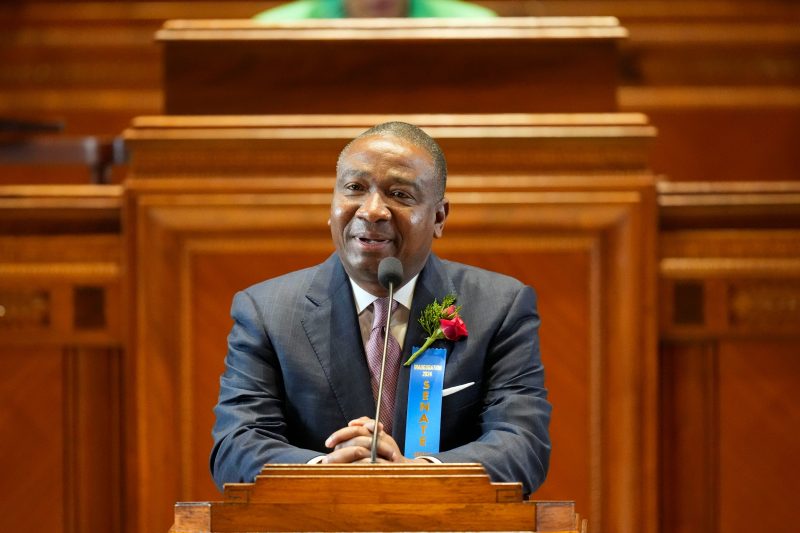
Federal Judges Veto Louisiana Congressional Map, Push for Second Black-Majority District
The recent decision by federal judges to strike down Louisiana’s congressional map has stirred a wave of controversy and discussions about representation and gerrymandering. The decision specifically targeted the creation of a second black-majority district within the state, raising questions about the boundaries of political power and racial equity.
At the heart of the issue is the delicate balance between ensuring fair representation for minority communities and avoiding the manipulation of electoral maps for political gain. The establishment of a second black-majority district in Louisiana was intended to address historical disenfranchisement and promote a more diverse and inclusive political landscape. However, opponents argued that the new district was a result of gerrymandering tactics that could potentially dilute the voting power of other communities.
The judges’ ruling to strike down the map reflects the complex and often contentious nature of redistricting. While efforts to create more equitable representation are commendable, the methods used to achieve this goal must be transparent and fair to all parties involved. The decision highlights the need for thorough and impartial oversight in the redistricting process to uphold the integrity of our democratic system.
Furthermore, the case in Louisiana underscores the enduring challenges of addressing racial disparities and ensuring equal opportunities for all citizens to participate in the democratic process. By examining the implications of redistricting decisions on different communities, we can gain a deeper understanding of the systemic issues at play and work towards a more just and inclusive society.
Moving forward, it is essential for lawmakers, activists, and community members to engage in constructive dialogue and collaboration to navigate the complexities of redistricting and uphold the principles of fairness and equality in our electoral system. By prioritizing transparency, equity, and the voices of marginalized communities, we can strive towards a more representative and truly democratic political environment.
